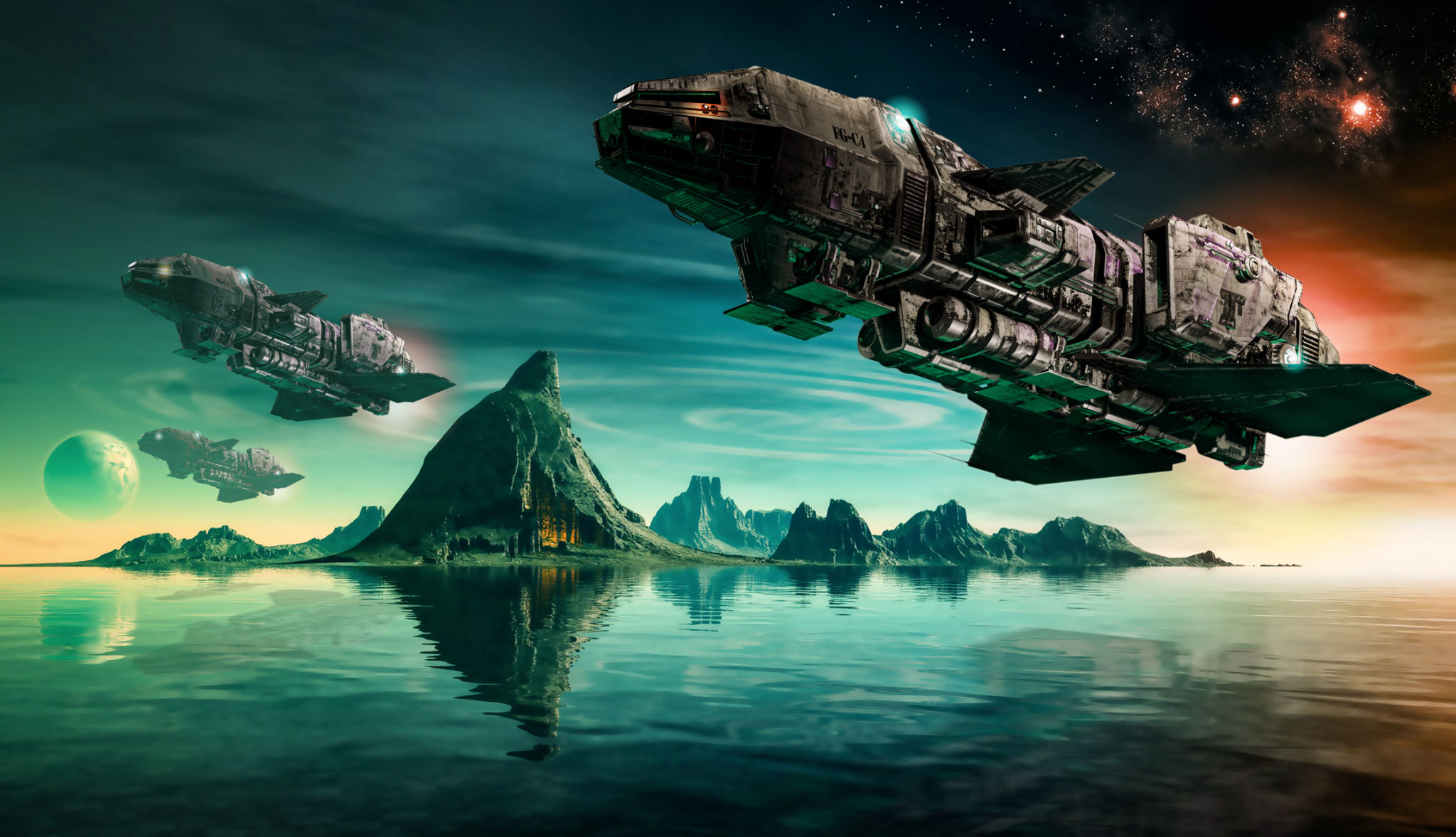Navigating the Dystopian Worlds: A Guide for Sci-Fi Enthusiasts in Denmark
Exploring Dystopian Themes in Sci-Fi
Science fiction has long been a window into the possibilities of the future, often delving into dystopian themes that challenge our understanding of society. For enthusiasts in Denmark, these narratives provide not only entertainment but also thought-provoking commentary on human nature and technological advancements. From the eerie landscapes of classic novels to the gripping visuals of modern cinema, dystopian worlds captivate audiences by presenting worlds that are both familiar and unsettling.
Dystopian stories often explore themes of totalitarian control, environmental degradation, and social inequality. These narratives serve as cautionary tales, prompting us to reflect on our current societal trajectory. As you dive into these worlds, you'll find that they often hold a mirror to our own society's fears and hopes.

Must-Read Dystopian Novels
For those looking to immerse themselves in dystopian worlds through literature, there are several essential reads. George Orwell's "1984" is a classic, exploring themes of surveillance and authoritarianism. Margaret Atwood's "The Handmaid's Tale" offers a chilling look at a society stripped of women's rights, while Aldous Huxley's "Brave New World" presents a future dominated by technology and consumerism.
In the realm of modern sci-fi, books like "The Hunger Games" by Suzanne Collins and "Ready Player One" by Ernest Cline bring fresh perspectives to dystopian storytelling. These novels not only entertain but also encourage readers to question the direction in which our world is heading.

Dystopian Worlds in Film and Television
Cinema and television have brought dystopian worlds to life with stunning visuals and compelling narratives. Films like "Blade Runner" and "The Matrix" explore themes of artificial intelligence and human identity, while series such as "Black Mirror" and "The Expanse" delve into the complexities of technology's impact on society. These visual mediums offer a dynamic experience that can be both thrilling and thought-provoking.
Danish sci-fi enthusiasts may also find value in exploring European films that tackle dystopian themes. Lars von Trier's "Melancholia" and Thomas Vinterberg's "The Commune" present unique perspectives on societal collapse and human behavior in times of crisis.

Understanding the Cultural Impact
Dystopian stories often serve as cultural barometers, reflecting societal anxieties about technology, government control, and environmental issues. By engaging with these narratives, audiences can gain insights into the collective consciousness and the ethical dilemmas we face as a global society.
In Denmark, where environmental consciousness is a significant cultural value, dystopian tales that address climate change resonate deeply. These stories encourage audiences to consider the long-term impacts of their actions on the planet and inspire discussions about sustainability and innovation.
Engaging with the Community
For those passionate about dystopian sci-fi, connecting with like-minded individuals can enrich the experience. Denmark offers numerous opportunities for enthusiasts to engage with the sci-fi community. Consider joining book clubs, attending film screenings, or participating in online forums dedicated to discussing dystopian worlds.
- Join local sci-fi book clubs or online discussion groups.
- Attend film festivals or screenings featuring dystopian themes.
- Engage with online communities on platforms like Reddit or Goodreads.

Conclusion: The Allure of Dystopia
The allure of dystopian worlds lies in their ability to challenge our perceptions and provoke critical thinking. For sci-fi enthusiasts in Denmark, these narratives offer a unique opportunity to explore complex themes that resonate on a global scale. Whether through books, films, or community engagement, immersing oneself in dystopian stories can be a rewarding journey into the depths of human imagination and societal reflection.